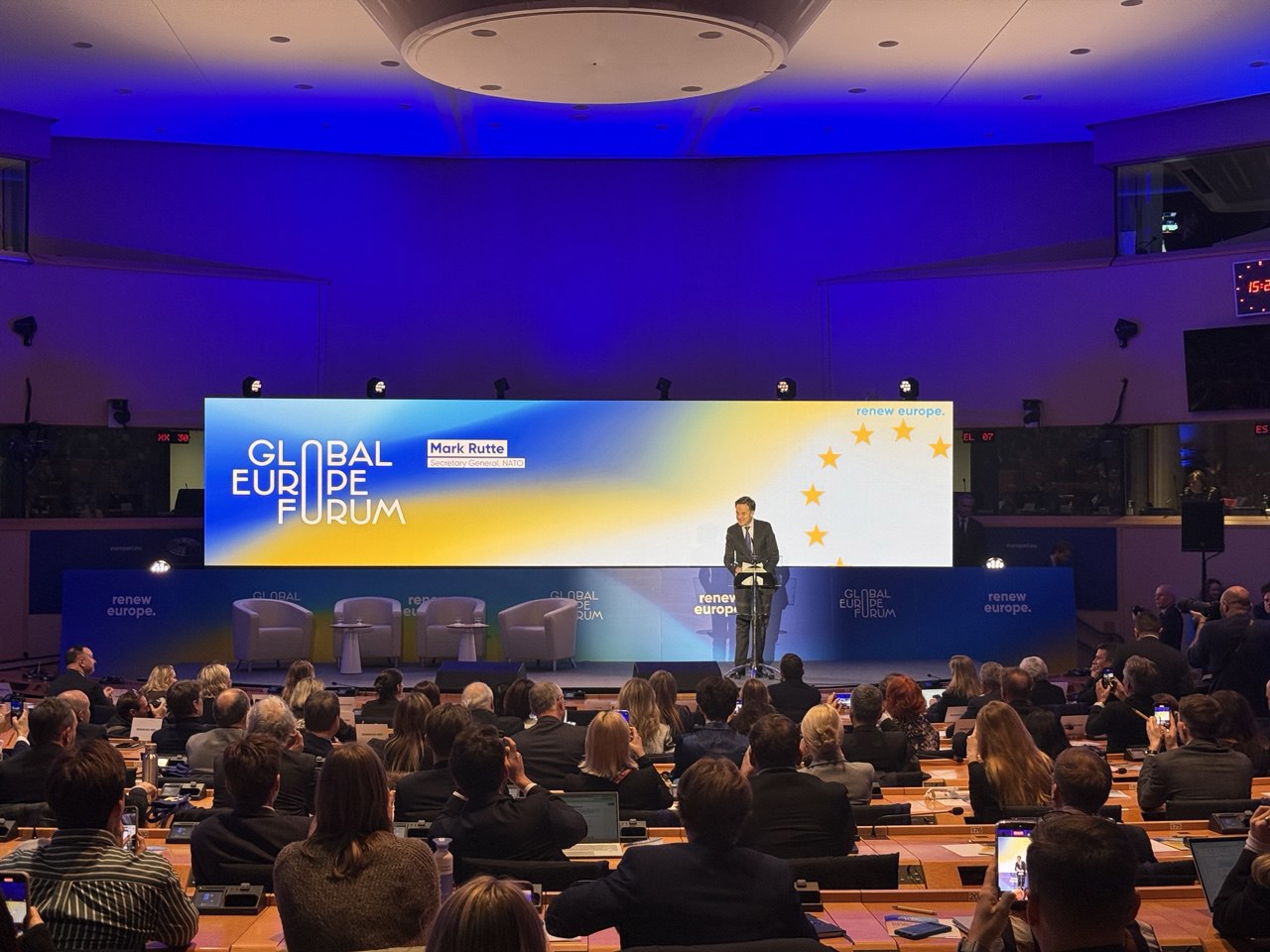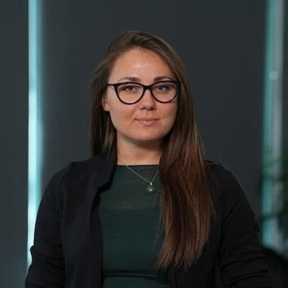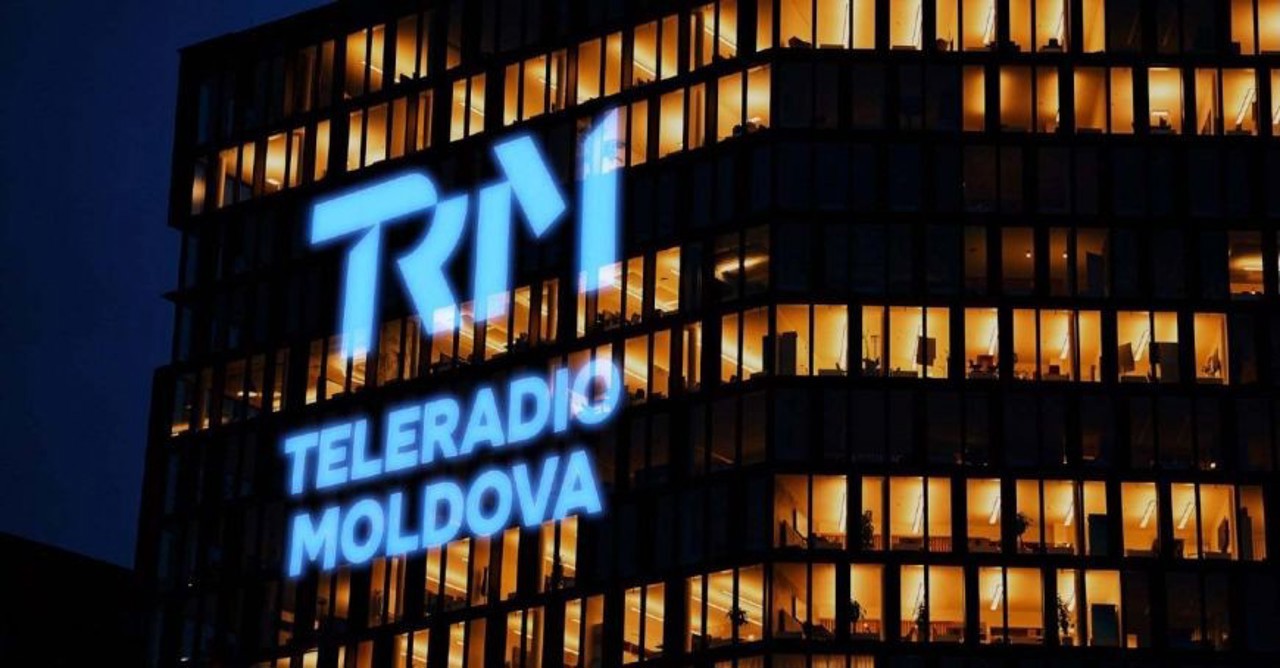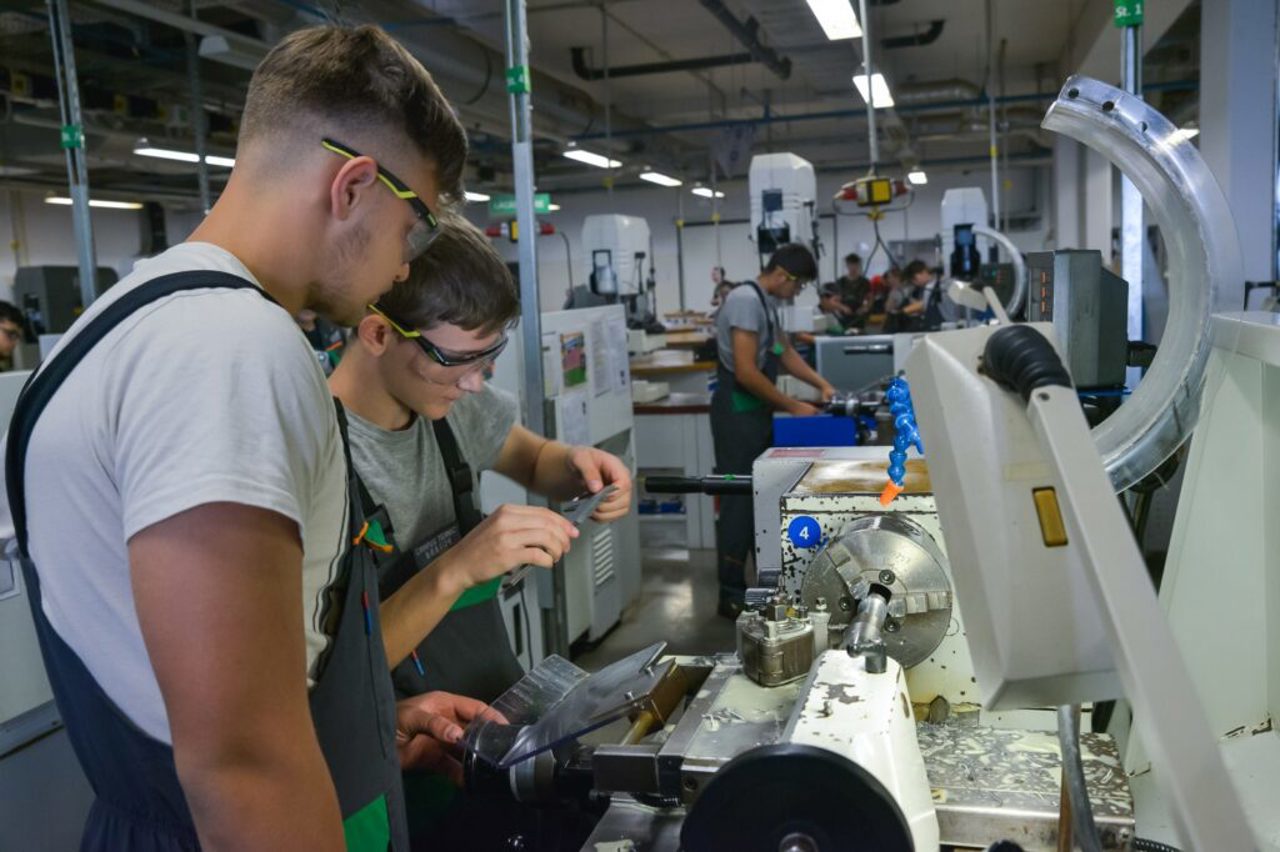German Ambassador in Chisinau Margret Uebber: "Let's help Moldova to reach European standards and integrate into the EU
In the context of the 30th anniversary of German-Moldovan development cooperation, the Embassy of the Federal Republic of Germany in the Republic of Moldova organised a press tour in the municipalities of Hincesti and Straseni.
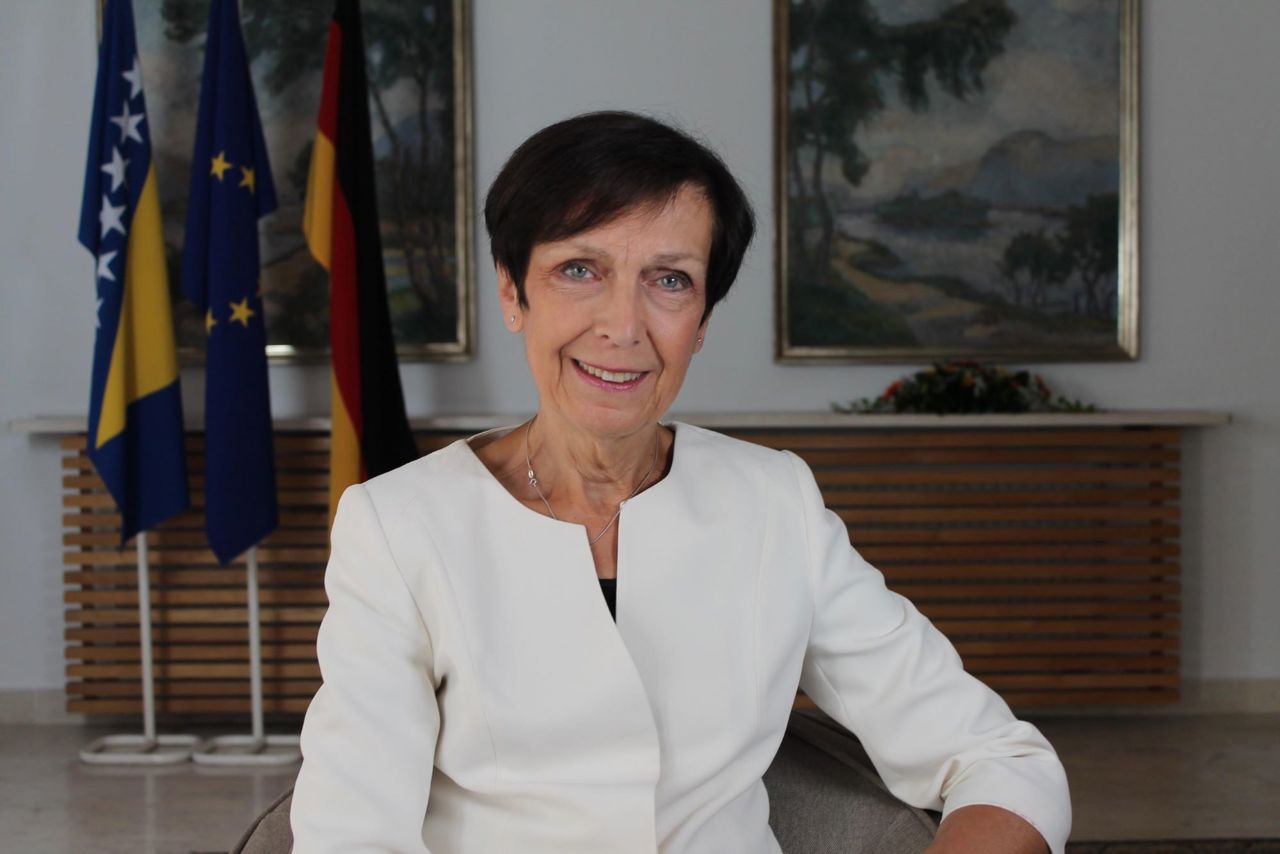
Margret Uebber: "German-Moldovan development cooperation started 30 years ago. I firmly believe that we have an open and constructive cooperation with partners in governmental institutions as well as with central and local authorities in the Republic of Moldova. The results of this cooperation are tangible because it is based on a common goal - to raise the living standards of the people. In fact, we have two basic goals in this respect. To help the Republic of Moldova reach European standards and integrate into the European Union. The second objective is to help the country overcome the current hardships caused by the Russian aggression in Ukraine, the impact of which is also felt in the Republic of Moldova. There is an interdependence between these two goals. When we help citizens to overcome crisis situations, we actually help the country to move closer to the EU."
Germany is among the top five largest donors to Moldova. The financial support provided over 30 years amounts to approximately €288 million.
Margret Uebber: "In the 30 years since German-Moldovan development cooperation began, Germany has provided financial support to the Republic of Moldova amounting to some €288 million, and today we are among the top five largest donors in the Republic of Moldova. Our cooperation focuses on several areas, in particular support for economic development, including support for small and medium-sized enterprises, but also dual education. The second objective is regional and local development, including strengthening the capacities and resilience of structures in the country. There is also another objective, which is integrated in all our projects, good governance.
And now we are focusing more on energy security, because last winter showed us how important this area is. It was a problem and we acted on it. We are providing assistance to ensure energy efficiency, which will become another important area, even a priority in Germany's support to Moldova."
Most German aid is implemented by the German Society for International Cooperation (GIZ) and the Reconstruction Loan Institute (KfW).
Margret Uebber: "Projects aimed at strengthening the capacity of institutions through expertise, advice and equipment are implemented by GIZ. Another component of aid comes from financial cooperation, which involves soft loans or even grants. If larger amounts are involved, for infrastructure projects, then this financial support is provided through the Reconstruction Credit Institute (KfW). An example of this would be the recently launched water supply and sanitation project, benefiting 39,000 inhabitants of Cahul municipality, but there have been similar projects before. Thus, thanks to these projects more than 200,000 people in the Republic of Moldova have access to clean water.
In the current circumstances, as I said earlier, Germany is helping Moldova to overcome the crisis situation, to minimise the consequences of the war unleashed by the Russian Federation in Ukraine. In this regard, on the initiative of Federal Foreign Minister Annalena Baerbock, an International Conference in support of the Republic of Moldova was held in Berlin on 5 April. The event was attended by 47 delegations, who pledged €700 million for the financial stabilisation of the country and €71 million for humanitarian aid.
Germany has made available a further €150 million for development cooperation to increase capacity and strengthen resilience. It has also contributed €40 million to the Energy Compensation Fund, which was set up by the government to help citizens cope with rising energy prices. This is development cooperation, but there are also a lot of private agencies and institutions in Germany helping people in the Republic of Moldova. It should also be mentioned that Germany is the biggest contributor to the European Union budget. So all European projects that are implemented in Moldova have a big contribution from the Berlin government."
